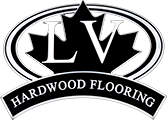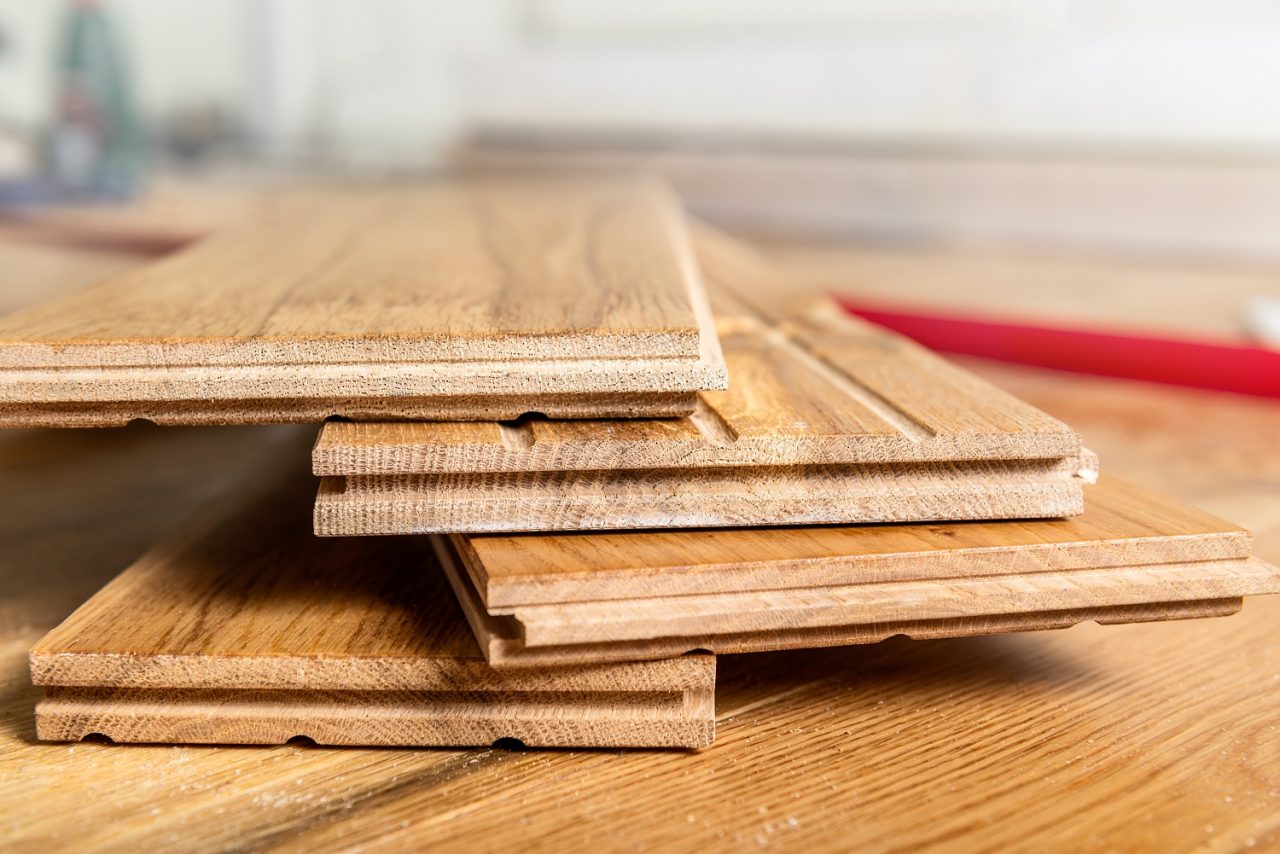Without a doubt, flooring your property with hardwood can be very exciting. However, the various beautiful options of hardwood floors can make it somewhat challenging. Indeed, many get stuck in the solid vs. engineered hardwood floors debate. Therefore, knowing the vital differences between solid and engineered hardwood floors can help you make the right decision.
Both solid and engineered hardwood floors are excellent options for your home, offices, or wherever. We’d have loved to tell you that one is better than the other to help you decide. Unfortunately, this is not the case. While there are apparent differences between solid and engineered hardwood floors, each has unique advantages.
In this article, we will make a detailed comparison between solid and engineered hardwood flooring. This way, you can discover the features of solid hardwood floors that will help you make your decision. Furthermore, we will go in-depth into the characteristics of engineered hardwood floors, including its cost.
Both solid and engineered hardwood floors can be an incredibly functional flooring choice for your home. However, depending on factors such as where you install the floor, one may have the edge over the other. Keep reading to find out all you need to know about the differences between solid and engineered hardwood floors.
Are Solid and Engineered Hardwood Floors the Same?
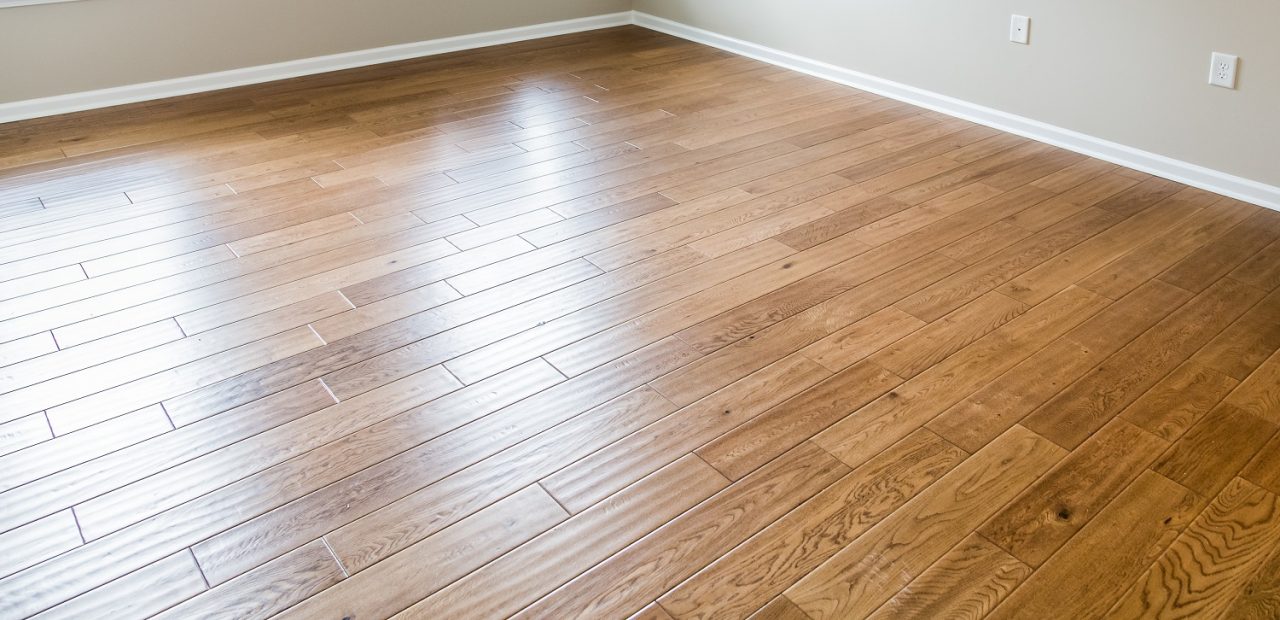
Over the years, innovations in flooring have increased the quality, beauty, and durability of solid and engineered hardwood floors. Due to this, many find it challenging to be able to identify one from the other. In fact, it is not uncommon for people to assume that they are the same!
However, if you know what to look for, it is not very difficult to tell the differences between solid and engineered hardwood floors.
While both options are indeed 100% wood, both are not hardwood through and through. Solid hardwood floors are the results of the milling process of individual pieces of timber. That is, one solid hardwood floor is milled from a single piece of wood.
On the other hand, an engineered hardwood floor is the combination of various wood products to form one composite material. However, the top is usually one hardwood or the other. In essence, engineered hardwood is constructed with several layers of wood to make one single floor piece. This is quite unlike solid hardwood floors in Toronto.
You are probably wondering, ‘if both solid and engineered hardwood floors look the same, how do I tell them apart?’ In the next few paragraphs, we will walk you through the differences between solid and engineered hardwood floors.
Solid vs. Engineered Hardwood Floor: The Differences You Should know
Hardwood flooring is an excellent way to add a beautiful and timeless flair to any room. However, the big question is, which one do you pick?
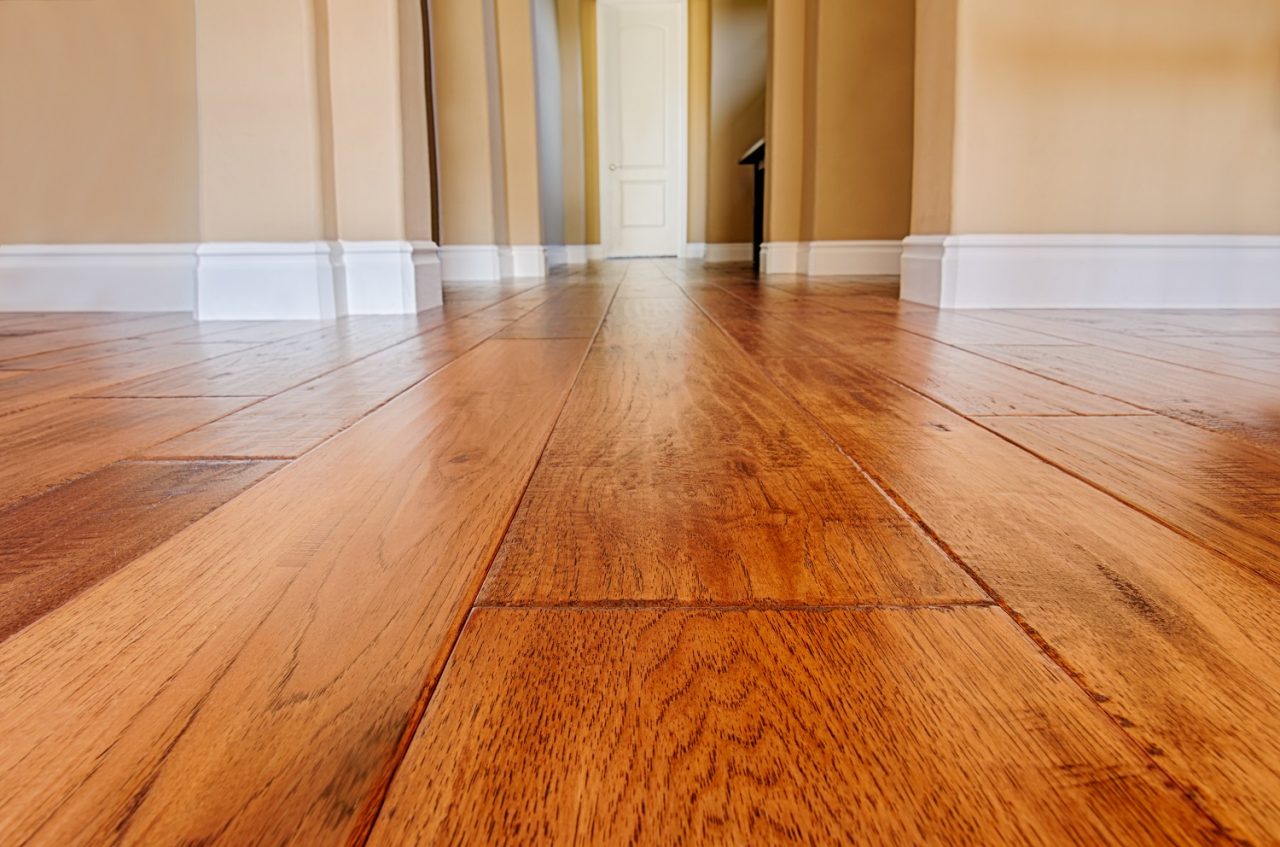
Structure
The structure or construction process is the most significant difference between solid and engineered hardwood floors. Solid hardwood is made from one solid homogeneous piece of hardwood. It has no joints, no layers, nothing. On the other hand, engineered hardwood has multiple layers of wood on top of one another.
With engineered hardwood, the top is usually the only place where there is hardwood. Here’s a typical arrangement – natural hardwood on top, natural wood at the bottom and a very stable core in the mood. This core is usually a combination of five to seven joint layers of plywood. This joint pattern is often crisscrossed, which makes it very stable.
However, the structure of both solid and engineered hardwood floors are very durable and resilient.
Related article: Engineered Hardwood – Features, Advantages, Cost
Appearance
One of the features of solid hardwood floors is that they tend to be narrower than engineered hardwood flooring. Furthermore, solid hardwoods have a much more expansive range of colour and species, unlike its engineered counterpart.
The seams between the boards of solid hardwoods are tighter and exist as either finished or unfinished boards. Conversely, engineered hardwood floorboards are usually wider. Also, this wood type is more often than not sold as prefinished. Besides, while solid hardwood boards are tighter, engineered hardwood takes a slightly different approach.
Pre-finished engineered hardwood flooring usually has bevelled edges, which causes small grooves between boards. This difference does not mean that one hardwood floor type is superior to the other. Instead, it boils down to your personal preference.
Water and heat resistance
The better choice for wet areas is engineered hardwood flooring. This is because its plywood core makes it more resilient to warping due to humidity changes.
On the flip side, solid hardwood is usually less stable and more susceptible to changes in temperature. So, it may not be best to install solid wood against concrete slabs.
Otherwise, humidity can migrate through the concrete slab and ruin your hardwood. However, both solid and engineered hardwood are relatively resistant to heat.

Care and cleaning
Our next comparison between solid and engineered hardwood flooring is in terms of their care. Hardwood flooring is relatively straightforward and easy to clean. Regular sweeping and vacuuming will go a long way to help you keep the floor clean.
Occasionally, you can use a damp mop and a compatible wood cleaner to do some deep cleaning. Both solid and engineered hardwood will not take kindly to frequent flooding with water. So, take care that you do not soak your hardwood floor when you clean it.
Lifespan
Your hardwood floor’s lifespan is another crucial factor you want to keep in mind when making your choice. One of the apparent differences between solid and engineered hardwood floors is their estimated life expectancy. In terms of lifespan, solid hardwood comes out ahead.
Solid hardwood floors can comfortably last a lifetime. Most solid hardwood lasts between 30 and 100 years, depending on how well you take care of it.
In terms of lifespan, engineered hardwood falls short. Most times, it can only last as long as 30 years. If you stretch it, your engineered hardwood floor may last two decades.
Installation and Maintenance
With hardwood flooring, over time, you will need to perform some maintenance processes on it. This includes sanding and refinishing. One of the advantages of solid hardwood flooring is that it can be sanded down and varnished multiple times over its lifespan.
This is quite unlike engineered hardwood floors, which can only be refinished once in its lifetime. However, some people may be able to attempt it twice before they exhaust the surface hardwood.
In terms of installation, engineered hardwood is a more popular choice among DIYers as it is more straightforward. Unlike solid hardwood, which requires nails, engineered hardwood can be glued or ‘floated.’
Cost
Finally, the cost is one of the vital differences between solid and engineered hardwood floors, which can influence your decision. On average, prefinished solid hardwood floors costs about $8 per square foot. Lower and upper ranges include $4 and $12, respectively.
On the other hand, the cost of engineered hardwood floors is much lower. The average price per square foot for this hardwood floor type is around $4. However, you may buy it as low as $2.50 per square foot or as high as $10.
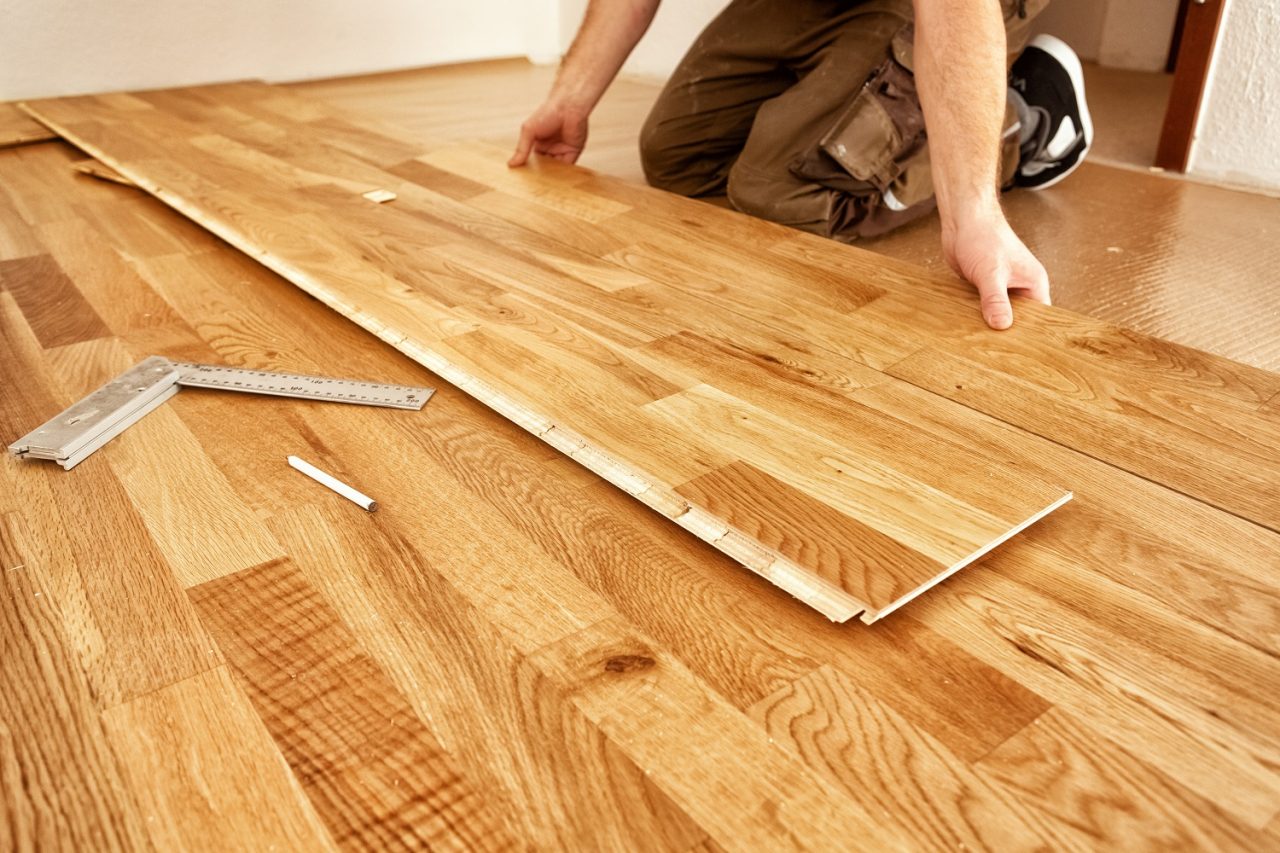
Final Take
Both solid and engineered hardwood floors are excellent choices for your property. However, each possesses qualities that give it an edge over the other. Knowing these differences between solid and engineered hardwood floors will undoubtedly help you decide the best flooring for your property.
Now that you know the features you want in your solid hardwood floor, we can help you acquire it in Toronto. LV Flooring offers high-quality flooring products that offer both aesthetic value and durability. Check out our online store for hardwood floors today!
Related article: Installing White Oak Engineered Hardwood
